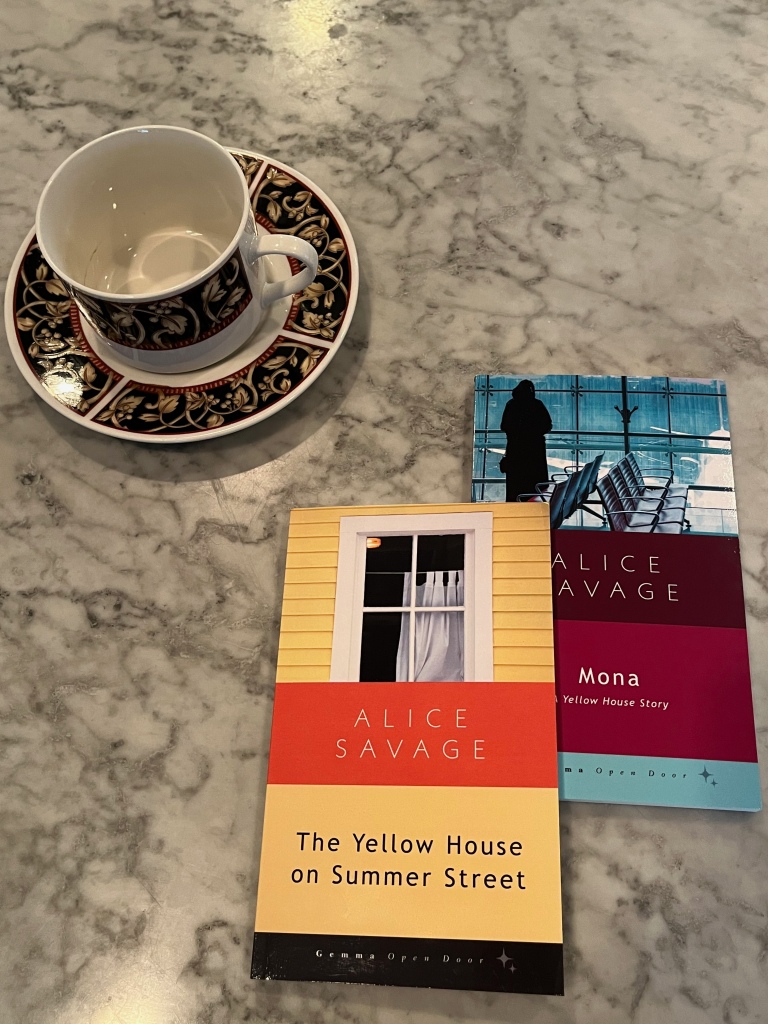
At first glance, Rashid seems like a difficult guest. He’s coming out of war-torn Syria. His father died in the conflict, and Rashid has enemies in Jordan. But when Rashid’s uncle and his wife agree to host the young man in their small, Houston home, no one thinks twice. Family is family, and they will figure it out.
This is the premise for The Yellow House Stories, a new graded reader series for adult literacy and English language learning. Set in Houston, the short novels follow Rashid, his relatives, friends, and neighbors as they navigate relationships, education, accidents, romance, and a very big storm.
Written at the second-grade level, each A2 volume is around 100 pages (large font) and contains a maximum of 800 word families, most of which appear across high frequency word lists. This leveling potentially gives multilingual readers an authentic reading experience. In other words, they can follow the story easily without having to look up words or figure out meaning. They can simply read a book!
There are two ways to use graded readers such as these short novels. One is to create a pleasure reading library, sometimes called an extensive reading collection. Each learner picks out a book and reads for fun. Readers can follow their interests in selecting a book and go as fast or as slowly as they wish.
Another possibility is to bring the content of a graded reader into classroom lessons. Learners reading the same book can discuss the context, compare themselves to specific characters, or analyze the choices that Rashid or other characters make. They can summarize and respond, reflect on a new culture or use a story as a jumping off point for writing about their own experiences.
In a classroom setting, groups can also use the content to answer questions in a focused language practice (at the A2 level). For example, have students write about what they think might happen next to practice future and modals. They can answer questions with verbs that practice infinitives e.g., What does Rashid want to do? What does Olivia plan to do? Or have them explain why they are like or not like a character using present simple and comparatives. To practice the past, have them simply answer past tense questions.
You can even bring drama into lessons. The Yellow House Stories come with readers theater scripts. (You can find these on the publisher’s website Gemmamedia.org.) In readers theater, students take parts, rehearse, and perform, but they don’t have to memorize the lines. They have a script in front of them. The process provides abundant (and often lively) pronunciation practice while taking less time than a full production. Importantly, these scripts are meant to be spoken, so the dialogs include emotion and intention (prosody). Scripts also are rich in useful conversational, fixed expressions, such as, “Never mind,” or “I can’t help it.”
The Yellow House Stories are part of GEMMA’s Hi-Lo series of readers designed to provide literature and literacy. The non-profit has an extensive collection, and many of the books come with other kinds of ancillary materials, all available on their website Gemmamedia.org. Such readers offer accessible content that can scale up what English language learners do with language. After all, responding to a human story remains one of the best ways to create connections and make sense of the world..